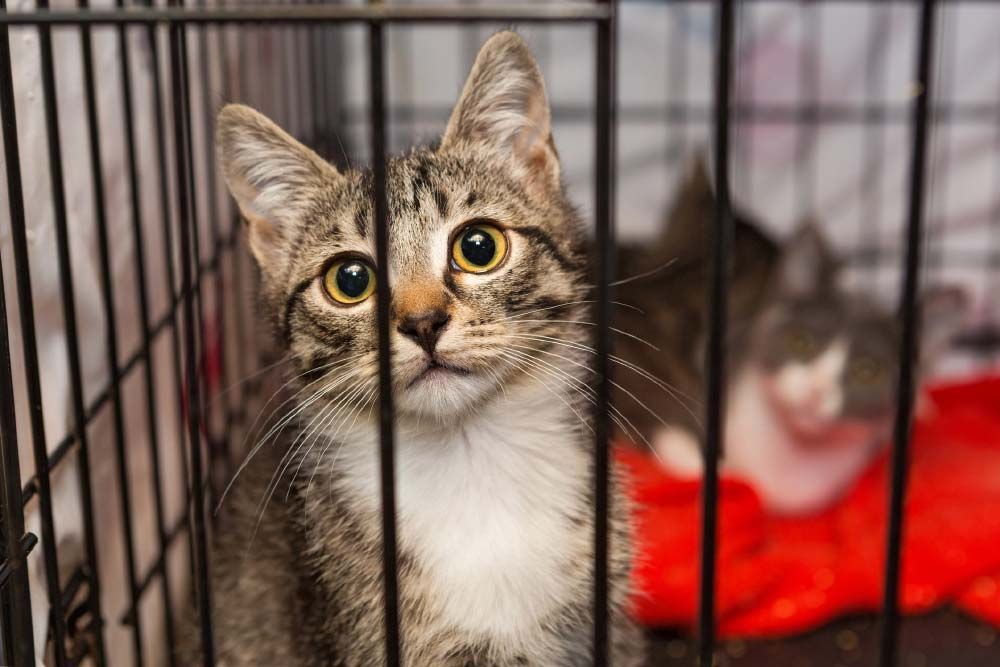How Do You Know If Your Pet Is Sick?
SHARE POST:
How Do You Know If Your Pet Is Sick?
As pet owners, we always want to ensure that our furry companions are healthy and happy. However, pets can’t communicate their feelings as we do, which can make it challenging to determine when they’re unwell. Recognizing signs of illness early can lead to timely medical attention and better outcomes for your beloved pet. Here are some key indicators to help you assess whether your pet may be sick.
Changes in Appetite or Thirst
One of the first signs that something might be off is a change in your pet’s eating or drinking habits. A sudden decrease in appetite can indicate various health issues, ranging from dental problems to more serious conditions. Conversely, increased thirst may suggest kidney problems or diabetes. Keep an eye on how much and how often your pet eats and drinks.
Lethargy or Decreased Activity
If your usually energetic pet suddenly seems disinterested in playtime or enjoys lounging far more than usual, this could be a cause for concern. Lethargy can be a symptom of several health issues, from infections to more serious ailments. Pay attention to the energy levels of your pet and note any drastic changes.
Changes in Bathroom Habits
Monitoring your pet’s bathroom habits is crucial. Any changes in urination or bowel movements, such as frequency, consistency, or color, should be noted. For example, diarrhea or constipation can indicate digestive issues, while changes in urination can be signs of urinary tract infections or kidney disease.
Behavioral Changes
Is your pet acting out of character? Behavioral changes can be significant indicators of illness. If your normally sociable pet is hiding or becoming aggressive, it could be a response to discomfort or pain. On the other hand, increased vocalization or anxiety might signal that something is wrong.
Physical Symptoms
Keep an eye out for physical signs of illness. This includes anything unusual such as:
- Vomiting or diarrhea
- Coughing or sneezing
- Excessive scratching or biting
- Swollen abdomen-Limping or difficulty moving
Any of these symptoms warrant a visit to the veterinarian for a thorough examination.
Conclusion
Being attentive to your pet’s behavior and physical health is key to identifying potential issues early on. If you see any of the signs mentioned above or just have a gut feeling that something isn’t right, it’s always best to consult with a veterinarian. Early detection is crucial for effective treatment, and they can help you determine if further action is needed.
Your pet relies on you to advocate for its health, so staying informed and vigilant is the best way to ensure a long and happy life together. Remember, when in doubt, it's better to err on the side of caution and reach out for professional advice.
RECENT POSTS:













